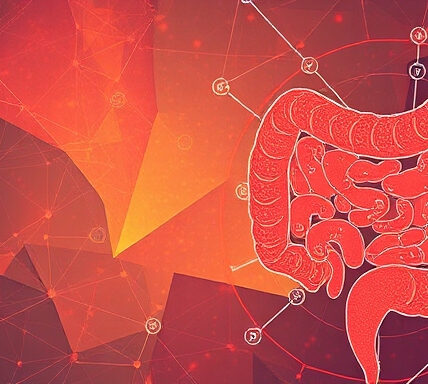Intermittent fasting (IF) has gained significant attention in recent years. It is touted as a powerful tool for weight loss, improved metabolic health, and enhanced longevity. However, with the rise of various dietary trends, it’s essential to differentiate between scientifically supported practices and those that may be mere fads. This article explores the science behind intermittent fasting, its potential benefits, and whether it deserves a place in established dietary practices or is another trend.
What is Intermittent Fasting?
Intermittent fasting refers to eating patterns that cycle between periods of fasting and eating. It does not prescribe specific foods but focuses on when to eat. The most common methods include:
- 16/8 Method: Fasting for 16 hours and eating during an 8-hour window, often skipping breakfast.
- 5:2 Diet: Eating generally for five days and drastically reducing calorie intake (around 500-600 calories) on two non-consecutive days.
- Eat-Stop-Eat: Involves fasting for 24 hours once or twice a week.
- Alternate-Day Fasting: Alternating between regular eating and fasting days or very low-calorie intake.
The Science Behind Intermittent Fasting
Research has explored the effects of intermittent fasting on weight loss, metabolic health, and longevity. Several studies suggest that IF can lead to weight loss and improve metabolic markers such as insulin sensitivity, blood sugar levels, and cholesterol profiles.
- Weight Loss: By restricting the eating window, many people naturally reduce calorie intake, which can lead to weight loss. Additionally, fasting periods increase metabolic rate and promote fat oxidation, aiding in weight management.
- Metabolic Health: Intermittent fasting (IF) may improve insulin sensitivity, which is crucial for preventing type 2 diabetes. Studies show that IF can lead to reductions in blood sugar levels and improvements in insulin sensitivity, making it a potentially beneficial approach for those at risk of diabetes.
- Cellular Repair and Longevity: Fasting triggers autophagy, a process where cells remove damaged components and regenerate. This cellular repair mechanism is linked to longevity and may help reduce the risk of age-related diseases. Animal studies have shown that intermittent fasting can extend lifespan, although more research is needed in humans.
- Brain Health: Emerging research indicates that intermittent fasting may promote brain health by reducing inflammation and oxidative stress, potentially lowering the risk of neurodegenerative diseases like Alzheimer’s.
Is It a Fad?
While intermittent fasting has gained popularity and is backed by a growing body of research, it’s essential to approach it cautiously. Critics argue that some of the enthusiasm surrounding IF may be overblown, pointing out that more long-term studies are needed to understand its effects on human healthfully.
Moreover, intermittent fasting is not suitable for everyone. Individuals with a history of eating disorders, pregnant or breastfeeding women, and those with specific medical conditions should consult healthcare professionals before starting an IF regimen.
Conclusion
Intermittent fasting is not merely a fad but a scientifically supported dietary approach with potential health benefits. However, it’s essential to recognize that individual responses to fasting can vary widely. What works for one person may not work for another and sustainable long-term lifestyle changes should always be prioritized over quick fixes.
For those interested in trying intermittent fasting, it is advisable to approach it mindfully, paying attention to how your body responds. As with any dietary practice, combining intermittent fasting with a balanced diet and healthy lifestyle choices is crucial for achieving optimal health. By staying informed and consulting with healthcare professionals, individuals can decide whether intermittent fasting aligns with their health goals.





